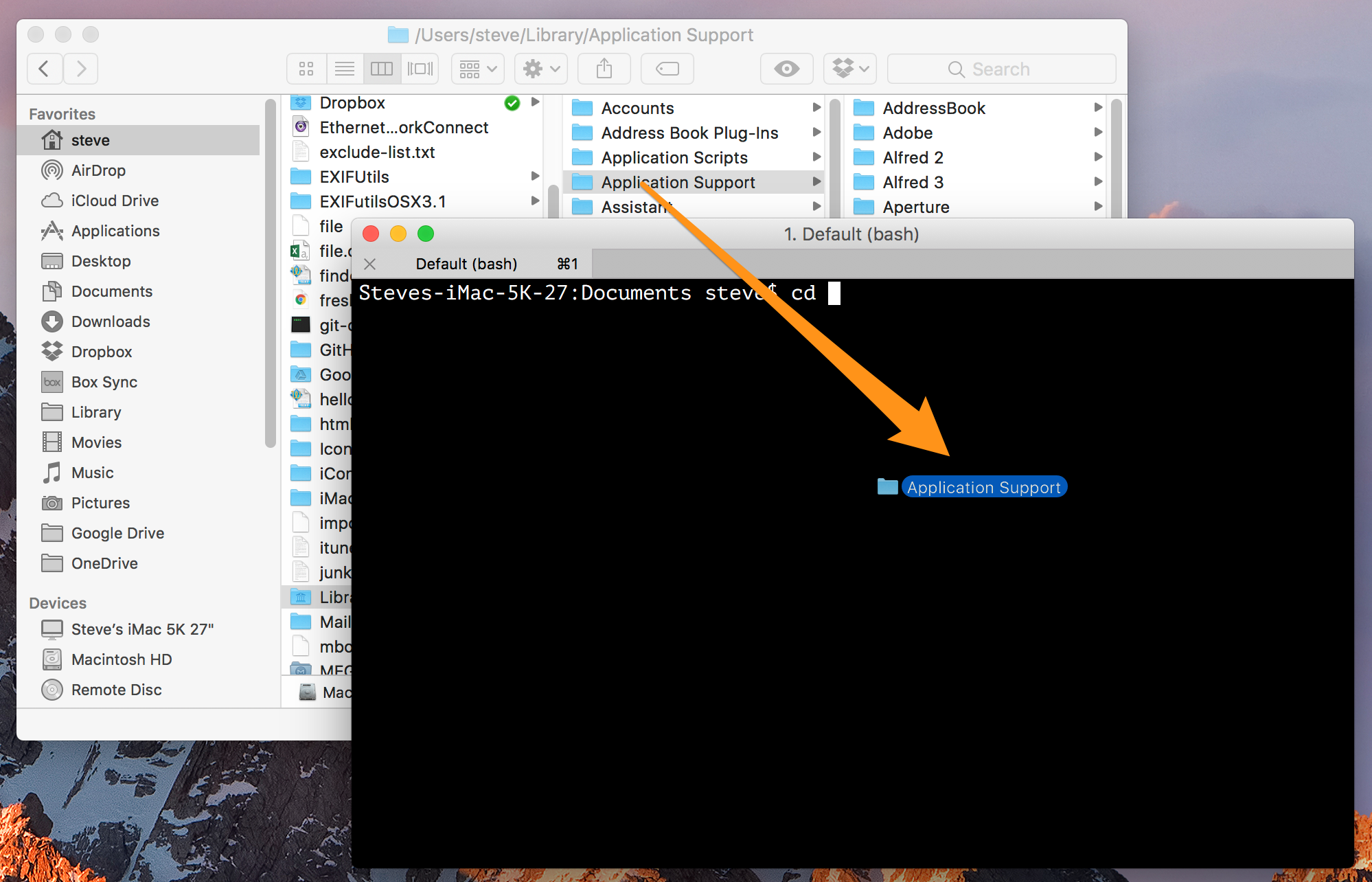
In the top field, enter your search string. Press Ctrl+R or select Edit | Find | Replace from the main menu to open the Replace in File window. You can use regular expressions to opt for more challenging searches. You can press ^⌥X (previously known as ⌥G) to quickly toggle the Regex option. You can narrow your search when you click, in the search field, or click to select a scope for your search. If you want to quickly replace the target of your search in the whole file, press Ctrl+Alt+Shift+J and type a new string. Work with the list of occurrences Alt+F7 in the Find tool window, where you have other options, for example, to group your results or to open them in a separate window.Ĭlick the or icon to add a selection of the next occurrence or deselect the previous occurrence Alt+J or Alt+Shift+J. Use the and arrows to navigate to the previous or the next occurrence. Keep in mind that if you copy ( Ctrl+C) the string first and then paste ( Ctrl+V) it in the search field, the regex symbols will not be taken into account.įor more details on regex, refer to the search with regex documentation.

With selected, PhpStorm automatically escapes special regex symbols with backslash \ when you search for a text string that contains them. If you want to enter a multi-line string, click the icon in the search field for a new line. If you want to see the list of previous searches, press ⌥↓ in the search field. PhpStorm lets you adjust your search process and perform various actions with the displayed search results. If you want to search for the multi-line fragment itself, select it and press Ctrl+F. If you release, PhpStorm will switch the search process back to the whole file. PhpStorm will search for the target inside the selected fragment first. Select a multi-line fragment and press Ctrl+F.Ĭlick and type your search string. PhpStorm handles replacing in the multi-line selection the same way. You can search for a text string inside the multi-line selection. Place a caret at any string in your file and press Ctrl+F to find its occurrences or from the main menu, select Edit | Find | Next Occurrence of the Word at Caret. PhpStorm places the highlighted string into the search field. Alternatively, in the editor, highlight the string you want to find and press Ctrl+F. PhpStorm highlights the results of your search in the file. In the search field that opens, enter your search string.

For more information, see Search for a target within a project. If you want to extend the search of your target beyond the current file, press Ctrl+Shift+F. Press Ctrl+F or select Edit | Find | Find from the main menu. Using different options, you can narrow your search process, use regular expressions in your search, and manage your search results. You can quickly find and replace text strings in the current document. Don't forget to make the script executable, e.g., with the command line: $ chmod +x /whatever/path/pat- CUT HERE - #!/bin/sh -# This script greps files matching a pattern under the current folder.# EXAMPLES# To display a list of files under the current directory# containing the word "hello" ignoring case, use:# $ pat -li hello# To display, under the current directory, the actual lines in files# with the `.txt' extension containing either "hello" or "world":# $ pat 'hello|world' *.txt#PATH=/bin:/usr/binUSAGE="usage: pat egrep-pattern ]"typeset -i ii=0for arg do case "$arg" in -) break -*) egrep_arg="$arg" *) egrep_arg="$arg" break esacdone(( i>0 )) || shift $i find_arg="-type f"for arg do case "$arg" in -) (( ++i )) break *) if (( i=0 )) then find_arg="-a \( -name '$arg'" else find_arg="-or -name '$arg'" fi esacdone(( i>0 )) & find_arg="\)" shift $ieval find. Examples of how the command is used are contained in the comments of the script itself. To use it, copy the text below and save it (e.g., with TextEdit) to a file named `pat' in your current path (.e.g., /usr/bin/pat or preferably someplace like /opt/bin/pat, if that's in your path). Here is a script that reduces the syntax to a bare minimum for the most common usage - i.e., finding files containing strings. It is faster to use find(1) with xargs(1), but then the syntax is a little more complicated.


 0 kommentar(er)
0 kommentar(er)
